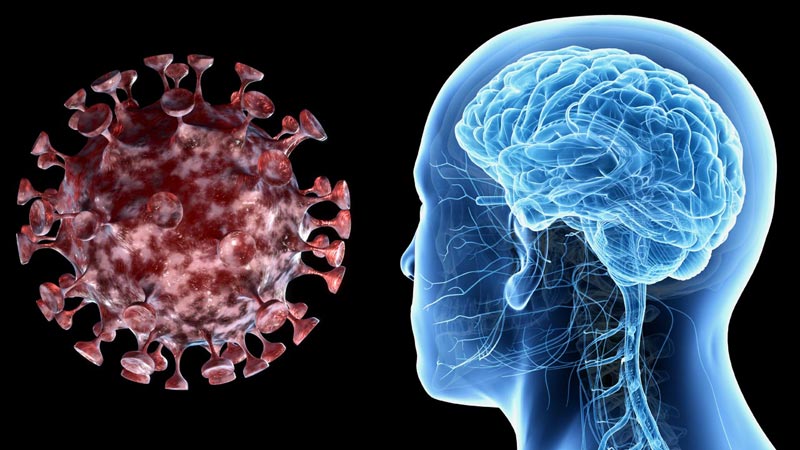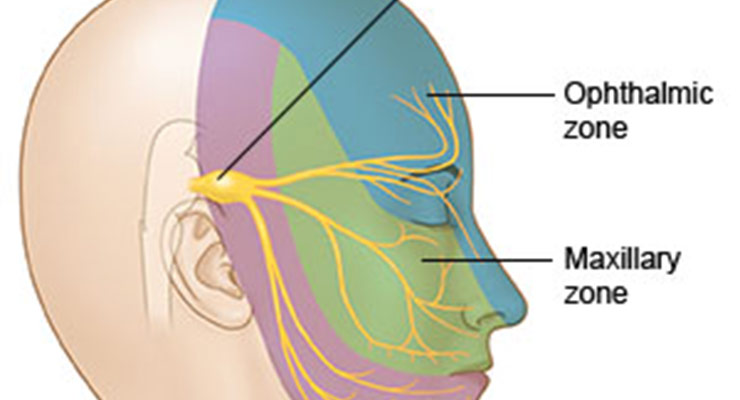
Stigma often prevents many who live with chronic illnesses like depression or migraines from seeking out proven treatment.
Many of you may remember the commercial from few years ago that addressed depression. It asked “where does depression hurt” and “who does depression hurt,” with the answers being… everywhere and everyone. The image that sat with me was a dog with a ball in its mouth ready to play till enough time passed that it gave up and lay down. The same may be said for those living with chronic migraines.
Migraine sufferers are at increased risk for mental illness
According to Headache magazine (March 2012), people with migraine are 80% more likely to develop major depression. This past week has been national Mental Health Wellness Week, an effort to raise awareness about mental illness and promote mental health wellness. One proven option to eliminate your headaches is actually offered via your dentist — TruDenta.
As a dental hygienist and healthcare provider, my role is to review my patients’ health history in an effort to gather information that may impact their oral health. You may ask what health history or my oral health have to do with migraines? I’ll give you a few examples below.
Let’s start with your health history. Have you ever been in a car accident? Do you have any history of head, neck or body trauma? How is your posture? How much stress do you live with on a daily basis, and how long have you been feeling stressed? Do you have tinnitus?
As for oral health; are your current restorations worn? Do you have any excessive wear on your teeth or broken teeth? Are your muscles in your neck and jaw tender? Do you have limited range of opening your jaw or moving your head and neck?
This information helps your dentist in their assessment of whether TruDenta is a fit for you. TruDenta’s therapy is based on sports medicine and uses FDA cleared technology. It is non-invasive, pain-free and medication free. Therapy is a session that lasts for about 50 minutes. The number of sessions recommended to grant relief will vary, as it will depend on everyone’s health and dental history.
The opportunity to make a significant difference in someone’s daily life is here. Perhaps this awareness of what is possible for your best life provided by your dentist will alter our stigma in dentistry!







